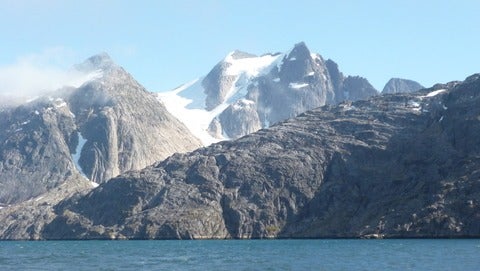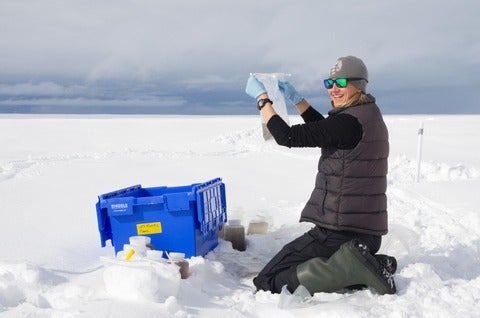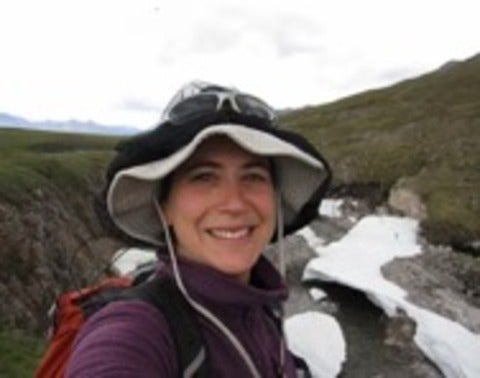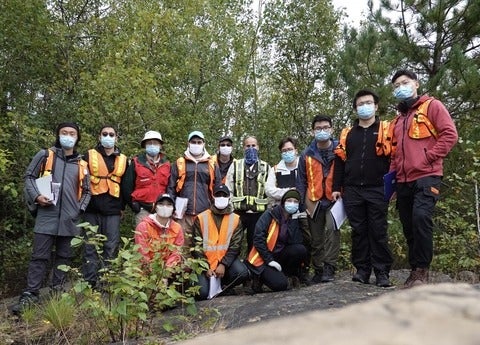The world’s oldest crater from a meteorite isn’t an impact crater after all
Several years after scientists discovered what was considered the oldest crater a meteorite made on the planet, another team found it’s actually the result of normal geological processes.


 Last Friday, Professor Jenine McCutcheon from Earth and Environmental Sciences was featured on
Last Friday, Professor Jenine McCutcheon from Earth and Environmental Sciences was featured on 


 The Department of Earth and Environmental Sciences would like to welcome new faculty member Assistant Professor Tonya DelSontro. She joined the department as an Assistant Professor virtually in July, and then arrived on campus this September. Her research focus is studying greenhouse gases and their interactions with water.
The Department of Earth and Environmental Sciences would like to welcome new faculty member Assistant Professor Tonya DelSontro. She joined the department as an Assistant Professor virtually in July, and then arrived on campus this September. Her research focus is studying greenhouse gases and their interactions with water.

